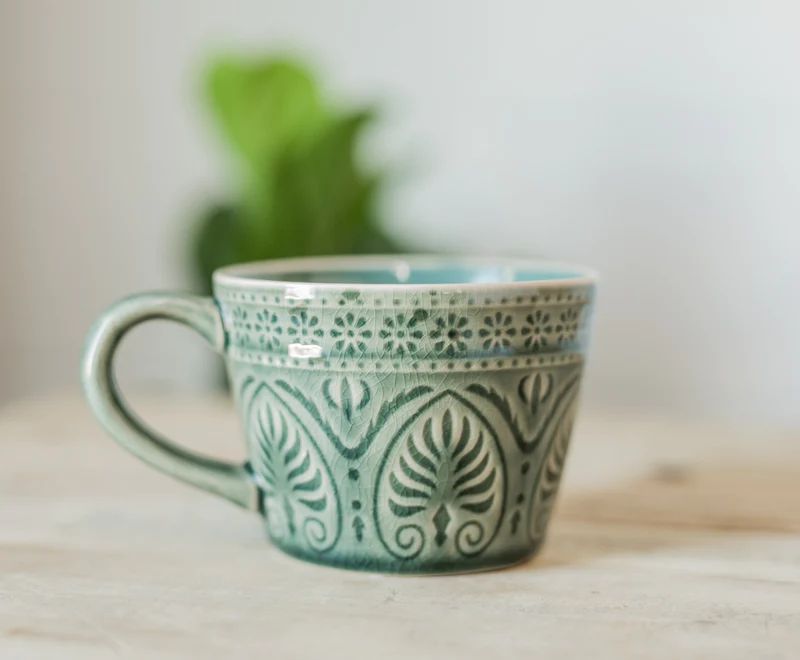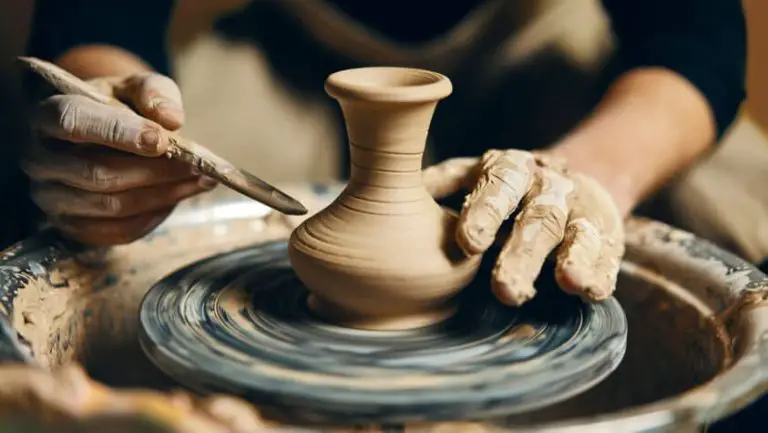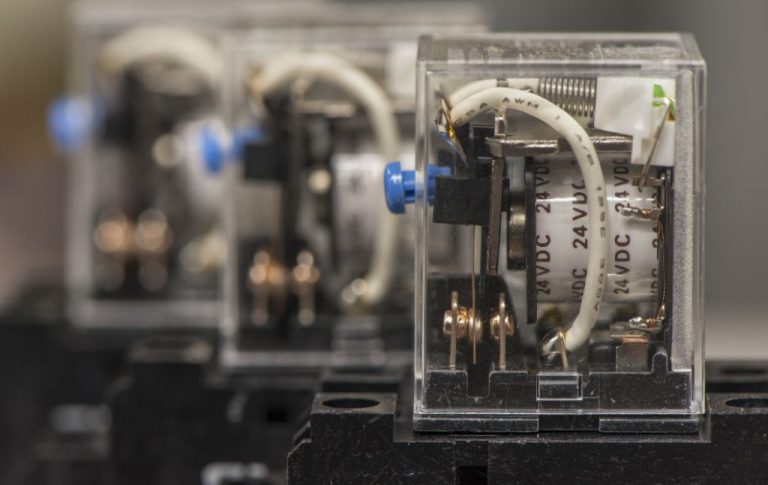Can You Put Handmade Pottery Mugs In The Dishwasher?
Handmade pottery mugs, especially stoneware coffee mugs, have become increasingly popular choices for tea and coffee drinkers due to their rustic, one-of-a-kind look and feel. The handcrafted, homemade nature gives each mug a personal touch not found in mass-produced options (https://www.keeeps.co.uk/blogs/potters-block/9-reasons-to-switch-from-mass-produced-to-handmade-pottery-homeware). However, the question arises of whether these handmade mugs can withstand regular dishwasher cleaning or if the extreme heat and harsh detergents will damage them. There is an ongoing debate around whether handmade pottery mugs are dishwasher-safe, with some experts arguing they should always be handwashed while others maintain certain durable materials and proper dishwasher settings can allow for machine washing.
Pros of Dishwashing Handmade Mugs
One of the main benefits of putting handmade pottery mugs in the dishwasher is convenience and ease. After using a mug, it can be placed directly in the dishwasher rather than having to be hand washed. The dishwasher does all the work of cleaning the mug thoroughly with hot water and detergent. As noted by PotteryCrafters, “The high-pressure hot water spray does an excellent job removing coffee and tea stains” (https://potterycrafters.com/can-pottery-go-in-the-dishwasher/). This saves time and effort compared to hand washing each mug.
The dishwasher also cleans the mug more thoroughly than handwashing. The hot temperatures combined with detergent help sanitize the mug and remove stuck-on residues. Hand washing, even with scrubbing, may not get a mug as clean, especially if it has absorbed stains over time. The power of the dishwasher is the best way to get handmade mugs looking like new after use.
Cons of Dishwashing Handmade Mugs
One major downside of putting handmade pottery mugs in the dishwasher is the potential for damage from the high heat, water pressure, and harsh detergents used during the wash cycle. According to experts at PotteryCrafters.com, “The extreme temperatures and abrasive detergents found in dishwashers can damage the mug by eroding the glaze over time” [1]. The intense water pressure can also cause tiny stress fractures that may lead to cracks or breaks over repeated wash cycles.
Another issue is that the colors and decorations applied to handmade mugs may fade when exposed to dishwasher detergent and heat. For mugs with painted-on designs or ones featuring delicate underglazes, the decorations can become dulled, blurred, or even washed away completely after multiple trips through the dishwasher. As one Redditor explained, “The glazes are designed to be food/drink safe, not detergent and heat safe” [2]. So handwashing is best for preserving the vibrancy and integrity of the mug’s decorative finishes.
Dishwasher Settings to Use
When washing handmade pottery mugs in the dishwasher, it’s best to use gentle settings to minimize damage. According to Pottery Crafters, lower temperature wash and dry cycles are ideal for handmade ceramics.
Opt for the shortest wash cycle possible, as prolonged exposure to hot water and strong detergents can cause crazing on the glaze over time. Additionally, avoid using the heated dry function. Allowing mugs to air dry naturally prevents thermal shock cracking.
In general, handmade pottery should only go in the dishwasher occasionally. When in doubt, it’s always safer to hand wash vintage or delicate ceramics. But with the right low-heat settings, an occasional dishwasher cycle should not harm most stoneware, porcelain, and glazed earthenware mugs.
Handwashing Tips
When handwashing handmade pottery mugs, it’s important to be gentle. According to Mammoth & Minnow (source), you should use a mild detergent and soft sponge or cloth to clean the mug. Avoid using abrasive scrubbers or scouring pads, as these can damage the finish. It’s also important to rinse the mug thoroughly after washing to remove any residual soap, and dry it completely before storing.
Mammoth & Minnow recommends washing handmade pottery by hand immediately after use. Letting food, drinks or oils sit on the surface can stain the clay over time. A quick hand wash right after using the mug will help preserve its look. Be sure to inspect the mug while washing to ensure no cracks are developing from the heat and shock of hot and cold liquids. Catching cracks early allows you to discontinue use before total failure.
In summary, handwashing handmade pottery requires a delicate touch. Use mild cleaners, soft materials, thorough rinsing, and prompt washing to keep your one-of-a-kind mugs looking their best.
Materials That Can Handle Dishwashing

Certain types of materials used in handmade pottery mugs are durable enough to withstand the high heat and harsh detergents used in dishwashers. According to mtartspottery.com, handmade stoneware mugs made with food-safe, lead-free glazes can be both dishwasher and microwave safe.
Higher fired ceramics, with firing temperatures above 2200°F, create a dense, non-porous material that resists moisture and heat. Pieces fired at these high temperatures, such as porcelain and stoneware, are generally safe to use in the dishwasher without damage. Similarly, glazes formulated for high temperatures, which melt and fuse smoothly at elevated firing ranges, make an impervious glassy coating that protects the clay body.
Sturdy, high-fired materials with robust glazes rated for their durability at heat are typically durable enough for the dishwasher. However, it’s still best to check the manufacturer’s care recommendations for each specific handmade piece.
Materials to Avoid Dishwashing
Certain materials used in handmade pottery mugs should never be put in the dishwasher, as they will not withstand the heat, pressure, and moisture. The two main types of ceramic clay to avoid dishwashing are low fired earthenware and terra cotta.
Earthenware is fired at lower temperatures, typically below 2,200°F, making it porous and prone to absorbing water. According to experts at The Pottery Wheel, earthenware, even when glazed, is too fragile for the dishwasher and can become damaged or ruined (https://thepotterywheel.com/is-pottery-dishwasher-safe/). The high heat and pressure in a dishwasher can cause earthenware to crack or break apart.
Terra cotta is another ceramic material that is never dishwasher safe. Made from natural clay, terra cotta is fired around 1,800-2,000°F, giving it a coarse, porous body. As explained on Reddit, terra cotta will quickly deteriorate in the dishwasher as the water seeps into the porous material (https://www.reddit.com/r/explainlikeimfive/comments/10jba0h/eli5_why_shouldnt_you_put_home_made_ceramics_a/).
In addition to these ceramic clay types, handmade mugs with delicate decorations like painting, metallic lusters, or other ornamentation should always be hand washed. The harsh environment inside a dishwasher can easily damage and wear away delicate surfaces and details.
When in Doubt, Handwash
The safest option for handmade pottery mugs is to handwash them. This helps preserve the value and integrity of the mug over time.
Always check the manufacturer’s instructions if provided. They will indicate if the mug is dishwasher-safe or needs handwashing. When in doubt, err on the side of caution and handwash.
Before running an entire set of handmade mugs through the dishwasher, test one mug first. Check for any signs of damage like cracking or fading of decorative elements. If the test mug comes out unscathed, the others are likely fine for the dishwasher too. But if you notice any wear, handwash the rest to avoid damage.
The gentle nature of handwashing makes it the ideal method for cleaning handmade pottery mugs. It eliminates the risk of damage from high heat, harsh detergents, and forceful spray jets. Handwashing also helps preserve the mug’s decorative details. Taking the extra time shows care and helps handmade mugs last longer.
Citations:
https://www.quora.com/Is-there-any-major-reason-why-one-shouldn-t-use-hand-soap-to-clean-a-coffee-mug
Signs of Dishwasher Damage
Using the dishwasher on handmade pottery mugs can cause damage over time. Here are some signs to watch out for:
Fading or wearing down of decorations. The heat and harsh detergents in dishwashers can cause painted designs, metallic trims, or other embellishments to fade or wear away more quickly than with handwashing. Glazes and images fired at lower temperatures are especially susceptible according to this source.
Cracking or crazing of the glaze. Repeated dishwasher cycles can cause the glaze to develop fine cracks called crazing. These tiny cracks in the surface glaze allow food and liquids to seep in and stain the clay body beneath. Crazing is more likely with low-fire glazes.
Warping of the mug’s shape. Some handmade mugs may warp or bend out of their original shape when subjected to the high heat and pressure of dishwashers. Warping is often permanent and can make the mug uneven or unable to sit flat on a surface.
To avoid dishwasher damage, it’s generally best to handwash prized handmade pottery. But if you do opt to occasionally wash in the dishwasher, inspect mugs carefully afterwards for any signs of wear.
Conclusion
In summary, handmade pottery mugs can technically go in the dishwasher, but it’s best to exercise care and caution when doing so. The high heat, harsh detergents, and forceful spray of dishwashers can damage many materials used in handmade ceramics over time. Glazed stoneware and porcelain mugs tend to hold up best, while unglazed, hand-painted, crackled, or more delicate surfaces are prone to fading, scratching, and cracking. It’s always safest to wash by hand with a soft sponge and mild detergent. When dishwashing, use the lowest heat dry setting or allow to air dry, don’t overcrowd, and inspect regularly for signs of wear. With proper care and handling, handmade mugs can last for years of beauty and enjoyment.





